|
That’s torn it, I’ve gone and said fat. The klaxons go off and everybody runs for cover because fat and cycling have been mentioned in the same breath. However, it doesn't hurt to have a dig around perceptions of appearance and performance in cycling. Humans are social animals and, like it or not, how we look and how we identify is important. We judge, and are judged, at least in part by our own perception of aesthetics. This is particularly true of cyclists where ‘skinny’ has been seen as interchangeable with ‘good’. How true is this? The way competitive cyclists should look is culturally ingrained and whilst preconceptions are being broken down, there remain unanswered questions about how weight, aesthetics aside, impacts performance. Body image is a sensitive topic. The social pressure to look a certain way or be a particular size is pervasive. It used to be a something that was thought to effect women way more than men but that perception is changing. Mainstream media, social media and advertisers have got a lot to answer for in cementing images of what purports to be ‘ideal’ because, in the process of making a great deal of money, they’ve caused a great deal of misery. In elite competitive environments the pressure to look a certain way can be intense, commonly in those sports that emphasise aesthetics like gymnastics, but also in endurance sports like triathlon, cycling, running where ‘thin’ is often seen as a prerequisite. It continues to lead to, amongst other horrible things, disordered eating and poor mental health. It is the cause of much angst and unhappiness. How you identify and whether you are comfortable with the way you look in regard to weight and body fat is very much a personal matter for you. However, like it or not, how you view yourself will be informed by what you think others think of you. It's uniquely human. My observations here are addressed at riders who are within a couple of standard deviations from the mean and not suffering from disordered eating, physical or mental illness. I’m not here to add to the misery. If you want to be a 120kg climber or a 55kg sprinter you can be. The 'type' of cyclist you want to be is what you chose to be, not what the power profiles tell you. I'm acutely aware that I bring my own cultural prejudices to the discussions so, for the purposes of self-disclosure, I self-identify as a tubby cyclist. I’m 180 centimetres (5’11) and weigh 76.5kgs (about 12 stone 2lbs) at the time of writing. This is pretty much as light as I get, and I’ve been over 80kgs (13 stone plus) in the last 2 years as you will see from the pictures. I routinely view myself as carrying more weight than I want and ideally, I’d like to be 73.2kgs (11.5 stone). This is an arbitrary figure and, as an adult I’ve only weighed this once and that was when I’d been in a coma for two weeks. Effective but wholly inconvenient. ‘...How did you win that you fat bastard...?’ Said by a Danish 'friend' after a race. Body Mass Index Calculated as Kg/m², the authorities say a healthy Body Mass Index (BMI) is 18.5 to 25 for an adult human. 25 to 30 represents overweight and 30 plus is obese. At 80kgs I would just, by the skin of my teeth fit in to ‘normal’ (BMI 24.7). At 76.5kgs I’m still on the high side of mid-point of normal at 23.6. Like many of us I’ve done the old ‘yeah but BMI is bollocks and I’ve got heavy bones and carry some muscle’ but it’s there or thereabouts as a measurement. The WHO and NHS are sticking with it so maybe we should too? As an aside, I was once criticised for describing myself as ‘a bit fat’ by somebody who was fatter than me but didn’t consider themselves to be a bit fat. Seemingly, I was oppressing them with my identity. I did say it was a sensitive subject. This guy doesn’t know what he’s talking about... I should say that I’m not a nutritionist, nor am I an exercise physiologist, I’m a cycling coach with an academic interest in psychology. However, I have been eating food all my life, I do exercise and have experience of being a bit fat. I’ve been coaching cyclists for over 10 years, mostly competitive amateur riders as well at the Great Britain Tx team. Although it’s not a specific question I ask when I gather data on riders, a comment about maintaining or more often losing weight invariably comes back. Like it or not, weight is important to cyclists so maybe giving the subject a wobble in the open is a healthy thing? Will losing weight make me faster? Depends. If you’re a 65kg elite racing cyclist with normal body fat almost certainly not, in fact losing weight will make no difference or might even make you slower, worse still, it might make you ill. However, if you’re, say, an 85kg or 95kg cyclist with frame designed to carry 75kg then yes, it almost certainly will. First, is it true that power to weight ratio is most critical when the terrain goes up. So, if you’re not riding or racing in the Alps, maybe weight doesn’t matter? Aligned with this it is often said when it comes to steady state endurance events, time trials in particular, that weigh doesn’t matter because once a mass is up to speed, maintaining it takes no extra effort. All true, but there’s no such thing as flat in cycling. We’re always going up or down which, in turn, means the mass (that’s us on a bike) is constantly being accelerated or decelerated – it’s the nature of turning the pedals and making the bike move forward. Think about racing a crit and the multiple efforts involved in accelerating out of dead corners to stay with a bunch. The news gets worse. A smaller rider is likely to present a more effective aero dynamic profile to overcome the resistance of forcing bike and rider through the air. Not only that, but fat carried around the belly, chest and arms can restrict a rider from getting into an optimal aero position – important to time trialists or those looking to get the most out of an aero road bike. I’ll make the point again, if you’re at a healthy weight, losing it will not make you faster. It risks making you not only slower but ill. And unhappy. In addition, if there is some 'excess' weight around but you're not racing, how much does weight really matter to you? It may be about body image than performance - both can be valid considerations. Conversely, if you’re carrying much more than your body frame should, it could well make you faster, more comfortable and improve your health. Can you use cycling to lose weight? Yes, any exercise with an aerobic component can help lose weight. Nutritionists, weight loss experts and physiologists will have a field day with this but, in order to lose weight, the body needs to be in calorie deficit, simply meaning more calories have to be expended than taken in. A heart rate monitor or, better still a power meter, gives a very accurate measure of energy used when riding. This is how the maths is supposed to work.
This is broad and the figures that apply to you will be unique, but in order to lose weight/fat, measuring what goes in and what goes out in calories is helpful. The one common denominator of ALL diets is that they aim to achieve calorie deficit. Fat myth busting
Why is it so difficult to lose weight? The maths is straightforward, achieve calorie deficit for a few weeks and, hey presto, a slimmer version appears. It makes one wonder why, according to the NHS the majority of adults in the UK are overweight and 25% of adults are obese, as are 20% of children aged 10-11. For many, trying to lose weight is a miserable failure or procession of miserable failures over time. It’s so hard because the human brain is stuck in our evolutionary hunter-gatherer past. Its 200,000 year old circuitry considers high calorific foods like fats and sugars, to be scarce so we are driven by powerful survival instincts to eat them. Not some of them, but all of them if nobody is looking. What’s more, even though we know food is instantly available and plentiful, we’ll eat it when not hungry because our ancient brain thinks it might be a while before it’s available again. Humans have an efficient storage system for calories not immediately required for survival – body fat. This efficient storage is matched by a process of miserly release, which is why riding a bike for an hour is worth less than a single chocolate muffin. Riding is hard, eating muffins is easy. Sweets, crisps and sausage rolls taste great, kale, broccoli and cabbage taste like grass. Ain’t evolution a bitch? Like saying maths is fun, there are those that say you can diet without feeling hungry. I don't think this is true. It takes a great deal of willpower, motivation and commitment to lose weight sustainably and then keep it off. Those of us who eat mindlessly for entertainment might not actually be ‘hungry’ when we consume calories, but we eat anyway. The diet and weight loss industry would like us to believe weight loss leads to ultimate happiness and spend millions on advertising to convince us being slimmer is the answer to all our problems. The industry is currently worth £2bn a year in the UK alone much of it made from those who have tried to lose weight multiple times before and are looking for a more 'palatable' solution. For what’s it’s worth, I’ve found it helps to keep a food diary and to get familiar with what foods contains what calories. I weigh myself no more once a week at the same time on the same day. I try to stick at it and try not to lie too much on the diary – mine makes Lord of the Rings look factual. I’ve achieved partial and temporary success in managing my weight but the struggle is real and on going. '...if you reckon you're so good, how come you're, you know, a bit fat innit?'... my old boss It’s about WHAT you eat, not how much. Yes and no. The human body has evolved into an efficient multi fuel engine. It can survive on very little food for a long time even if the food is crap. If the daily calorie consumption is made up entirely of Cola and chocolate it won’t be great but it’ll stumble along for a long time before something horrible happens. However, the age old advice of sticking to a healthy balanced diet including protein, carbohydrates and good fats still holds true for us cyclists. Leafy greens, colourful fruit and veg, lean meat, good quality food that is minimally processed, low in refined sugar and not mucked about with too much is best. I think most of us know what we should be eating by now, implementation is often the downfall. Alcohol is a fitness and training killer, nutrition free calories that break down it to acetate in the body – only handy for cleaning white boards with. My poison of choice is refined sugar. I can eat sweets like a kid and, of course, if I don’t burn off the excess glycogen it creates, it is gratefully received by the fat storage system around my middle. Damn my 200,000 year old brain. Am I eating enough? A body holds between 1600 and 2000kcal of readily usable glycogen in the muscles and liver. At the 500kcal per hour Z2 estimate, that’s enough for 3-4 hours without having to top it up. Anybody who has hit the wall (it used to be called ‘bonking’ in the old days) will know how unpleasant it is to run out of glycogen. Dizziness, narrowing of focus and barely enough energy to turn the pedals. Of course, at Z2, fat is also being burned as an energy source along with carbohydrate (praise the Lord). However, to avoid running out of glycogen for a ride of 3 or more hours, start taking on carbohydrate well before this this time, probably no later than after the first hour of riding. Carb drinks and gels work well but bear in mind the body cannot physically absorb more than 60 to 80 grams of carbohydrate per hour (that equates to 240 to 400kcals per hour), take in more than this and you’ll just excrete it if you’re lucky or store it as fat if you’re not. My preference is for small bits of solid food, nutty bars, bananas, sometimes a proprietary energy bar. If you’re trying to lose a few pounds, a 4 – 6 hours training per week is unlikely to indicate increased calorie consumption, at 6 – 12 hours per week it will and 12+ hours per week it will require more food and probably calorific supplements. Longer training weeks (12 hours plus) tend to be the preserve of professional riders and ultra-distance athletes. As a point of reference, during a Tour de France stage, a rider will burn between 6000 and 8000kcals. It’s hard, if not impossible, to eat this amount so whilst their rides include consumption of whole foods where possible, they are supplemented with gels, bar, drinks, and the like. Even so they are starting out at a body fat figure of, say 8%, and can end up at at sub 4%. That’s probably as unhealthy as the 25% body fat average of the non-cycling fraternity. If you go for a calorie deficit of more than 500kcals per day (on average) you risk starving your body of the fuel it needs to burn fat – it’s counterproductive to losing weight AND to your training. At best you’ll feel tired, irritable and constantly hungry and may struggle to sleep. Without sufficient calories the body shuts down the systems it can do without (for example, normal periods for women) as the metabolism slows to survival mode. Any food it does get is likely to be stored as fat rather than made available for exercise. At its sinister end, this can be a starting point for disordered eating and RED-S (Relative Energy Deficiency in Sport). This is an awful place to be and can lead to diagnosable mental illnesses. Don’t skip meals and don’t starve yourself! Conclusion Phew, well done for sticking with that. It might raise as many questions as it answers but I’d be fascinated to hear of your experiences and perception about weight and cycling if you’re willing to share them. Thanks for listening. Next, the Middle East crisis… Rich Smith, an inveterate eater of sherbet lemons, coaches UK and internationally based riders and has coached the Great Britain Transplant Cycling team for over 12 years. He is a British Cycling qualified Level 3 coach and a final year psychology student. He spent 30 years responding badly to people in authority in senior roles for Barclays, HSBC, British Waterways and National Grid Property before launching RideFast Coaching in 2015.
2 Comments
Simon J
11/24/2021 08:05:01 pm
Rich, you remain my hero
Reply
Rich Smith
11/25/2021 04:52:04 pm
They say you should never meet your heroes. How was it for you Mr J? :)
Reply
Leave a Reply. |
AuthorThe ramblings of a cycling coach... Archives
May 2024
Categories |
|
© COPYRIGHT 2022. ALL RIGHTS RESERVED.
|
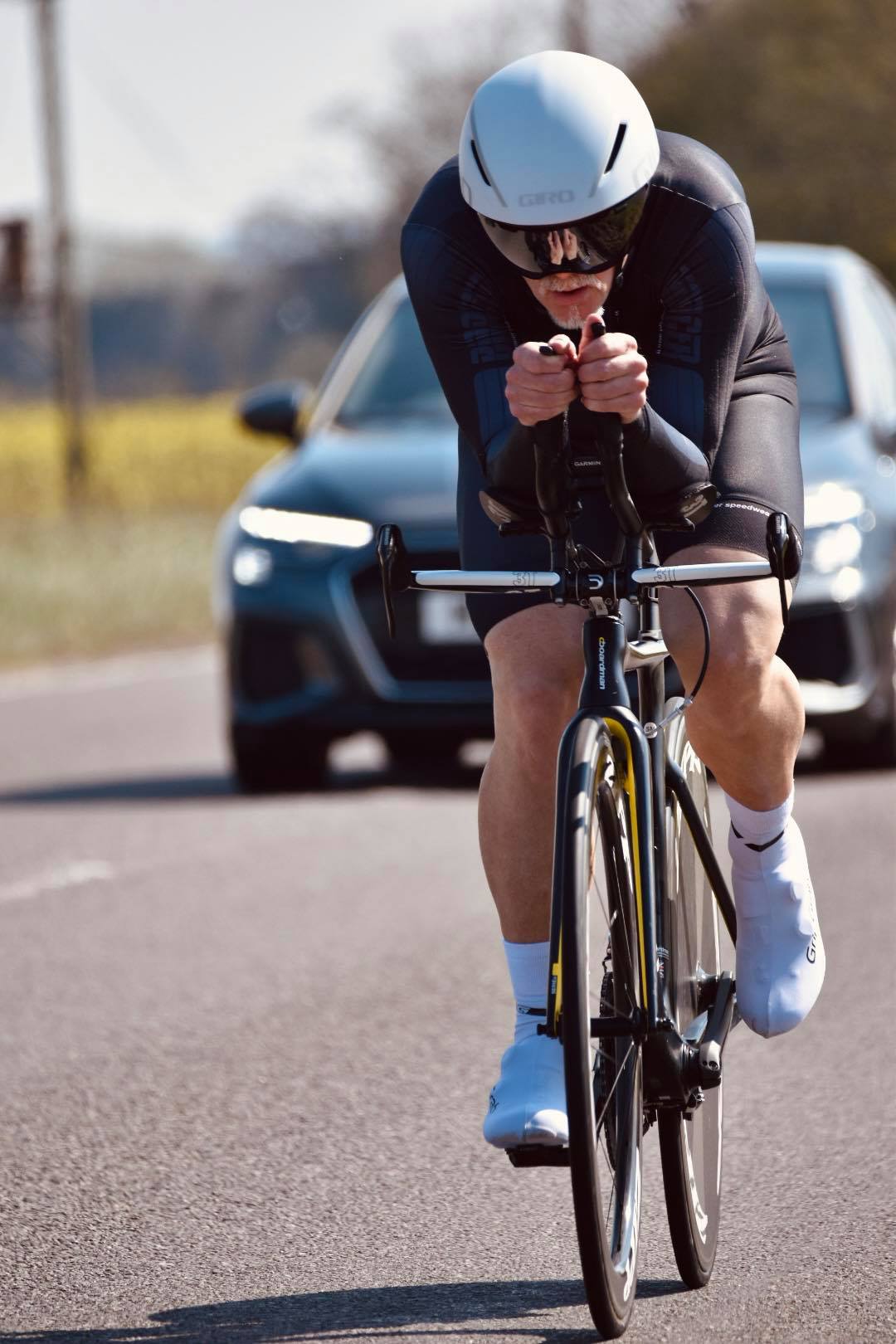

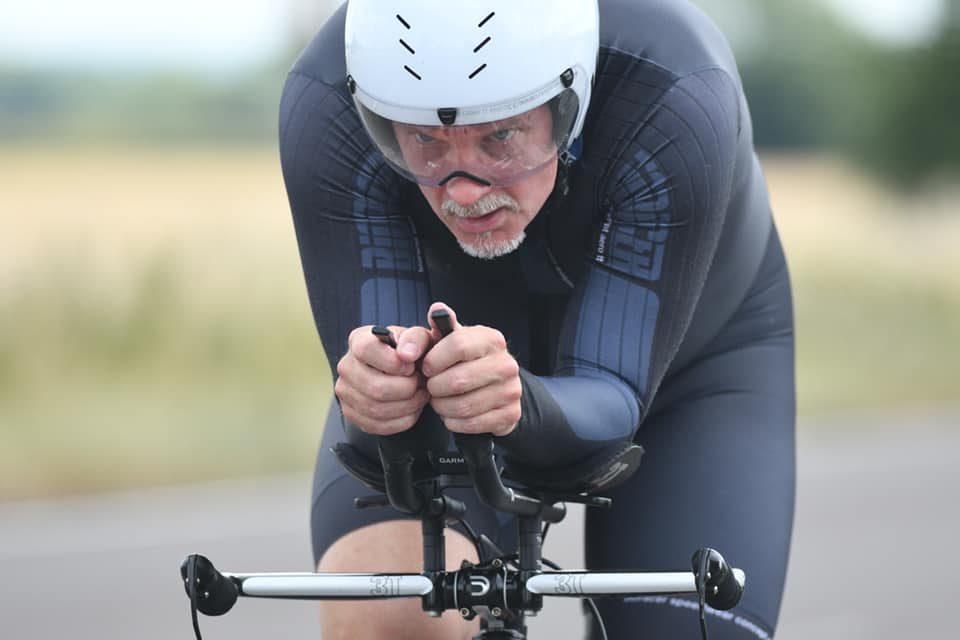
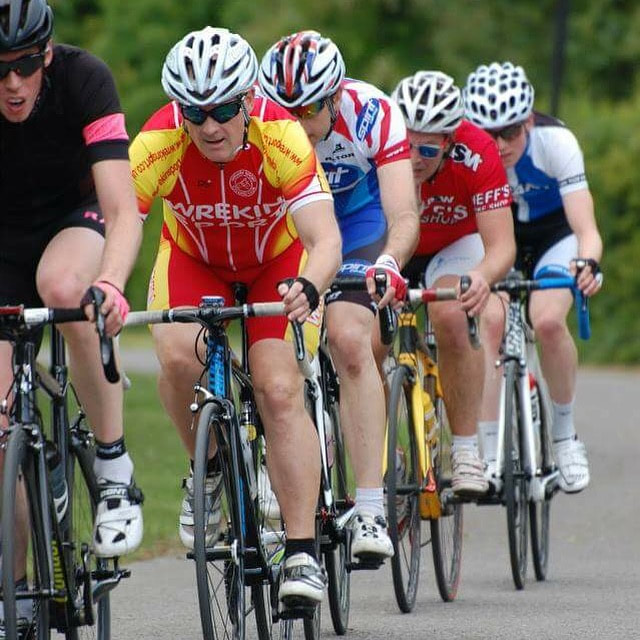
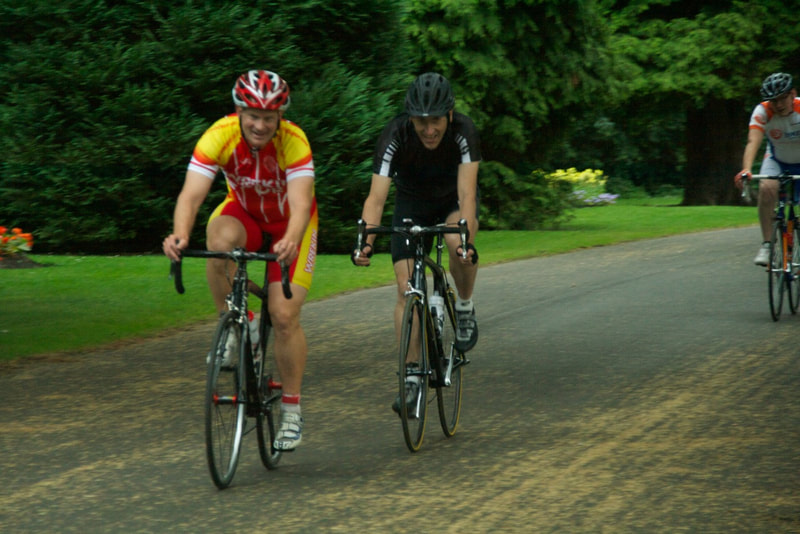
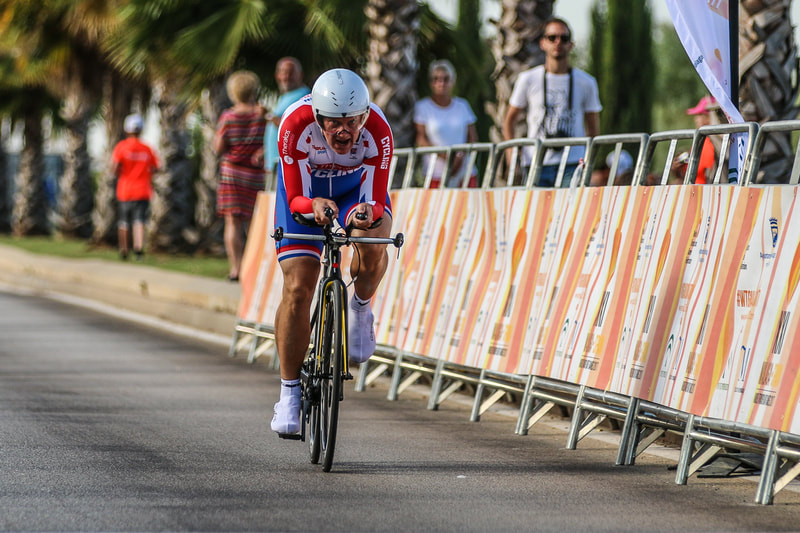
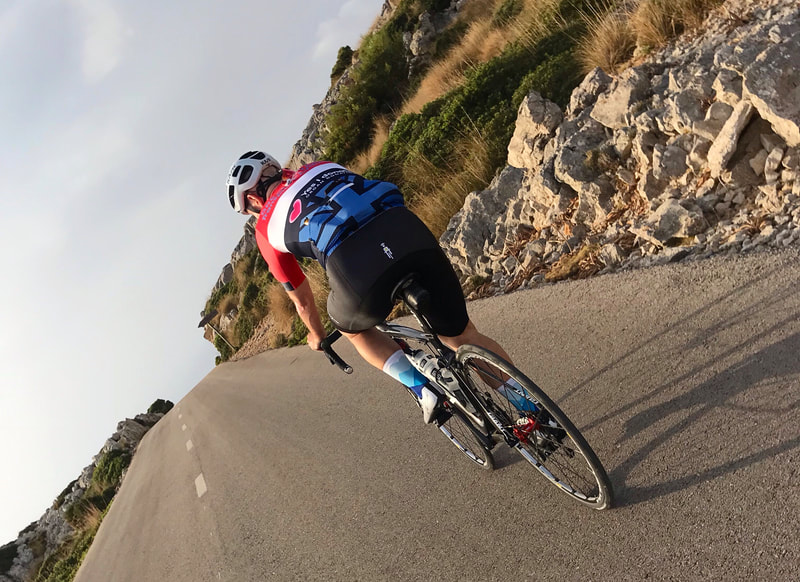
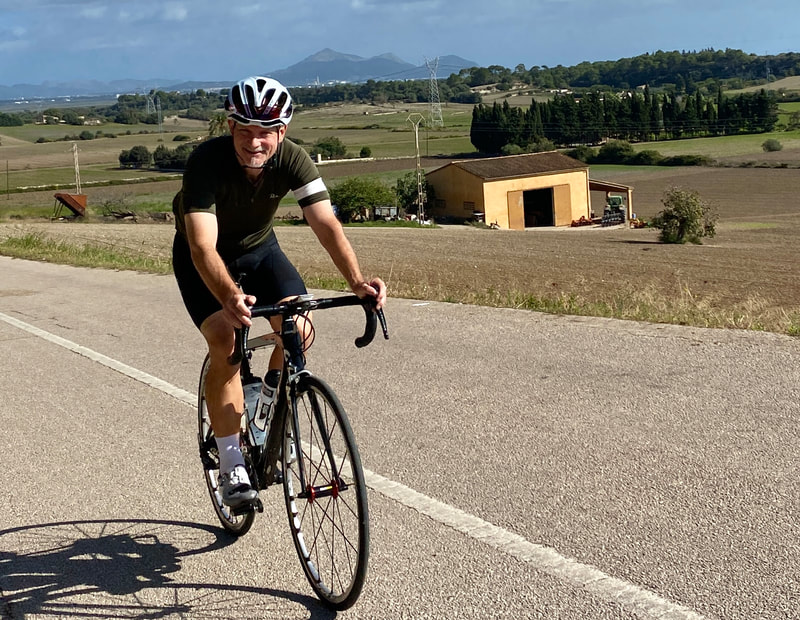
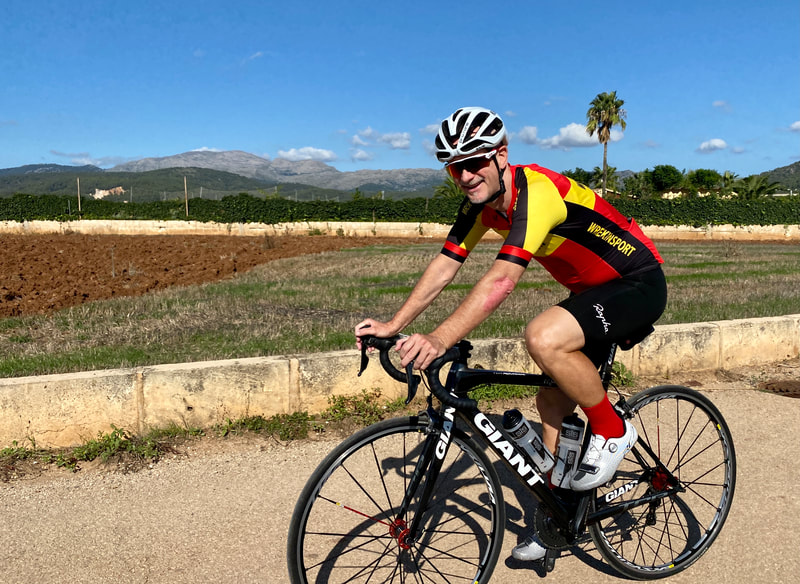
 RSS Feed
RSS Feed
